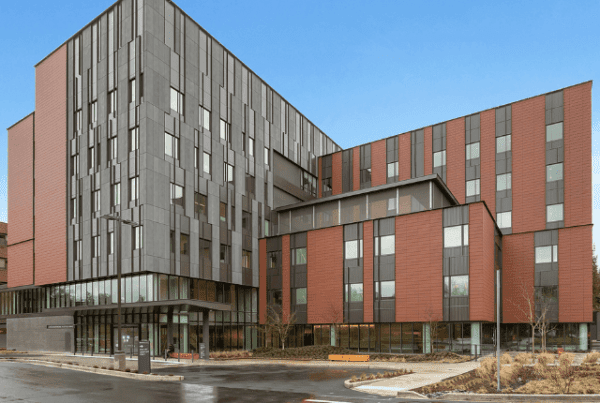One New Year’s resolution that we can all keep is to engage in a conversation about UW Medicine’s values. While the #MeToo movement provides a national context for talking about the dynamics of power relationships and sexual harassment, this is also a time for self-reflection and learning about our own culture.
I believe that UW Medicine’s values are inseparable from our mission to improve the health of the public. As individuals and teams, we should assess what we do well – and what we could do better – to promote these values by our words and actions:
-
- We treat people with respect and compassion.
-
- We embrace diversity, equity and inclusion.
-
- We encourage collaboration and teamwork.
-
- We promote innovation.
-
- We expect excellence.
Our values also form the basis of our Policy on Professional Conduct, which describes appropriate behaviors in our clinical, research and teaching programs. This policy makes clear that professionalism involves more than having technical job skills or following a set of cultural norms. It requires that we continually seek ways to improve our work culture and that we actively create a safe environment for patients and their families, our colleagues and our students. For those of us who come from a background or position of privilege, this can also involve recognizing hidden biases and learning how to hear other viewpoints without becoming defensive.
In support of these efforts, I am pleased to announce that Molly Blackley Jackson has been appointed Assistant Dean for Professionalism. Dr. Jackson is also head of the Cascade College and chair of the Continuous Professionalism Improvement Committee, which regularly reviews the Policy on Professional Conduct for improvements and welcomes your feedback.
Dr. Jackson’s new position underscores our commitment to provide resources and training in support of professionalism so that we can strengthen our culture at UW Medicine. The WWAMI Pro Program is one example. This program recognizes individuals who are nominated by medical students for providing a respectful and supportive learning environment. Other planned actions include creating a lab culture survey for our research units, finding better ways to identify and address professionalism in performance reviews, and putting together web and classroom resources to help leaders educate themselves and others about best practices for professionalism.
I invite you to participate in this dialogue so that together we can create an increasingly diverse, inclusive and respectful community. Thank you for your contributions to advancing UW Medicine’s values and mission.
Sincerely,
Paul G. Ramsey, M.D.
CEO, UW Medicine
Executive Vice President for Medical Affairs and
Dean of the School of Medicine,
University of Washington


